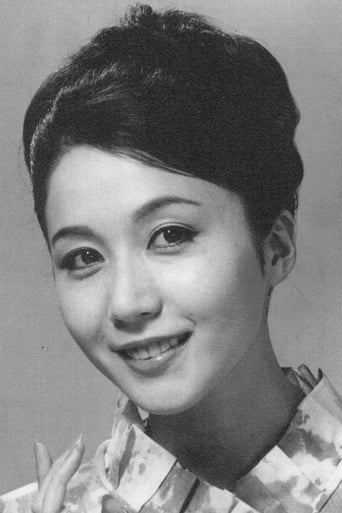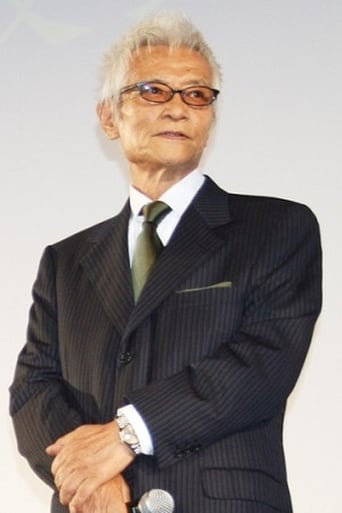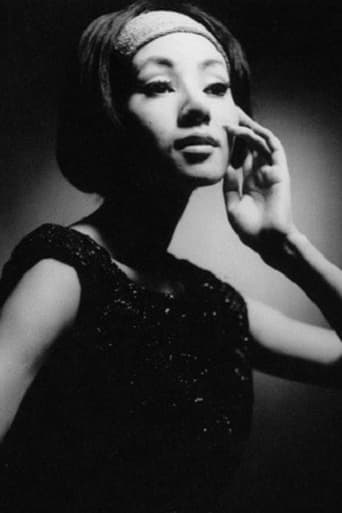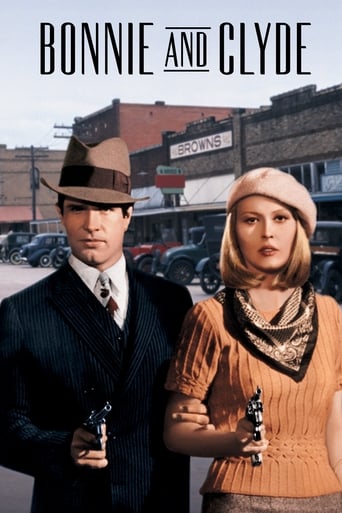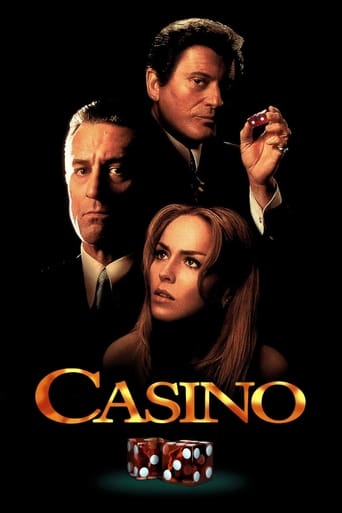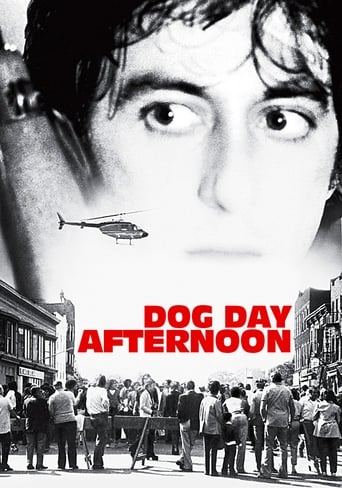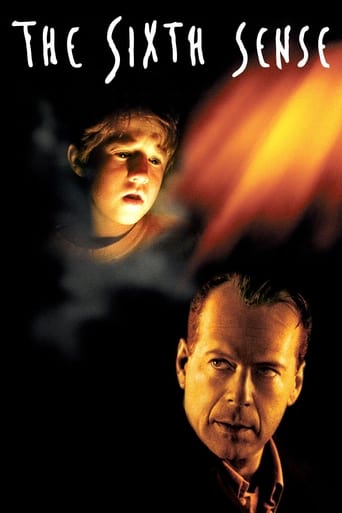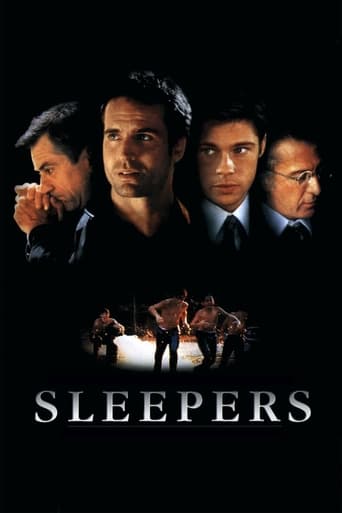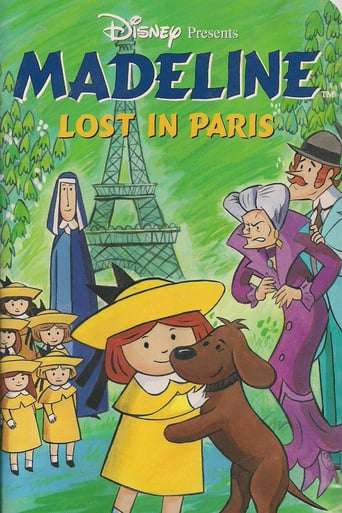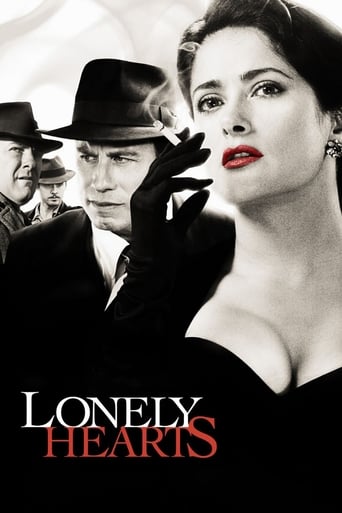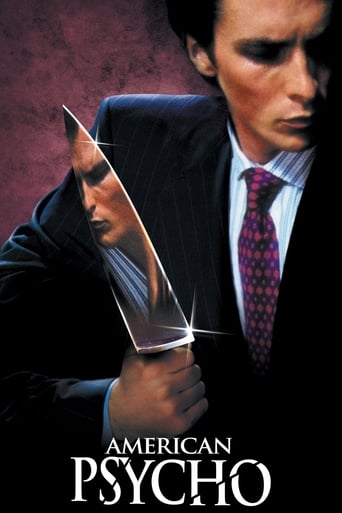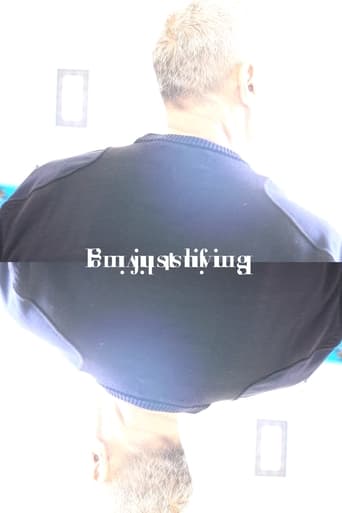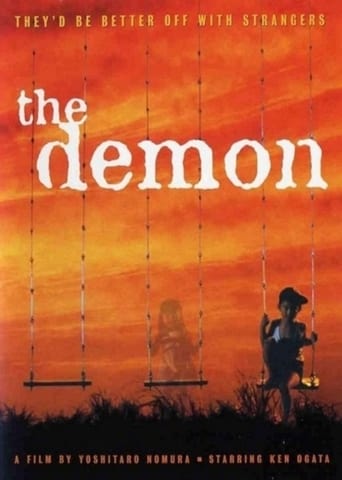
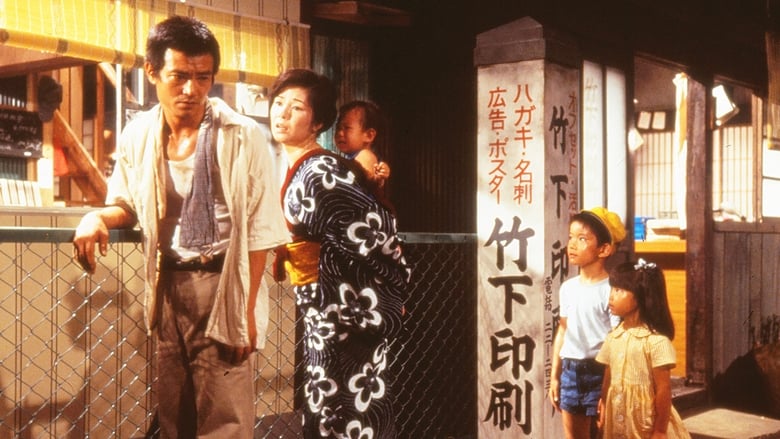
The Demon (1978)
When Sokichi stops providing his long-time lover Kikuyo enough money to pay for the care of their three young children, Kikuyo leaves the children with Sokichi - and his very surprised and angry wife Oume - and disappears.
Watch Trailer
Cast


Similar titles
Reviews
That was an excellent one.
Fantastic!
Although it has its amusing moments, in eneral the plot does not convince.
The movie's neither hopeful in contrived ways, nor hopeless in different contrived ways. Somehow it manages to be wonderful
"The Demon" is a stark, deeply-felt film relatively unknown in the West and one that often flows and feels like Ingmar Bergman directing a quintessentially Japanese story. The customary strains and strictures of modern Japanese life backstop the viewer, and if one single character functions as the title, which character that is requires active collaboration from the viewer. I was concerned the story arc might wax soap-operatic, but it doesn't. "The Demon" is sensitively- directed, and its characters defy pigeonholing. The iconic imagery of the baffled, buffeted, confused children stuns. "The Demon" belongs in the pantheon of really great movies about family pathology like Lanthimos's "Dogtooth" and Bergman's "Cries and Whispers." The Criterion Collection release is a crackerjack edition.
As many reviewers overseas pointed out, this film is so realistic that it is tough for a viewer to watch the kids go through terrible abuse. Cornered in between his mistress with three kids and his own childless wife, a man tries to resolve the situation by getting rid of kids one by one. The man is not doing well on managing his printing factory and his wife is not just angry that the husband lied for seven good years but also resents the fact that the mistress was literally blessed with three kids and the husband obviously cared for them. After the mistress skips town in the middle of night by declaring that they were his own kids, the man's wife begins to gradually feel uneasy and starts thinking of getting rid of the kids. Intent to kill those kids naturally comes up to the wife's facial expression. She feels like her blood boils when she looks at the kids. The youngest kid (approx. two years to three years old) goes first. He is not just suffering from consistent malnutrition but also neglects of cares by his very angry step mother and own father, who cannot afford for the kids' food. Next goes the middle child, a cute little girl, approximately four to five years old. Dad leaves her behind in the top floor of the tourist spot called Tokyo Tower, actually thinking it is better than killing. He is so guilt-stricken that he is not able to look back into his innocent, trusting daughter's begging, wondering eyes. Oldest son is a smart one. He is a survivor of neglects from his own mother, then by hatred of his step mom and by the heinous intent of his dad. His dad tries to kill him by dropping him from the cliff. Detectives are so surprised with the fact that the kid keeps his mouth shut at this end even after knowing and realizing that his dad tried to kill him dropping the drawsy boy to the bottom of the cliff. The boy is being aware that his survival means his daddy's trouble. The detectives (and the audience) cry, seeing the boy protect his dad to the end. Film's sub title, Demon, doesn't mean that the father or the step mother is the "demon". Dad is not a personified demon but "had a demon in his heart" when he was suddenly hit with sagging income and angry wife at home and eventually he had nowhere to go and release his frustrations. Father cries tears of regrets when he sees his little protect him even after the man tried to murder him and was arrested in front of his little boy, and he further begs for forgiveness to his son. Boy's denial that the man standing in front of him was his daddy who tried to kill him, the man cannot stand his own act had probably caused the boy a lifelong scar in his psyche. That tear is as true as his "demon" in his heart. That ending scene is the poignant point of this film. It's too late to regret what he has already attempted to do.
A man (Ken Ogata) is saddled with his three illegitimate children when his mistress skips town. This more than annoys his actual wife (Shima Iwashita), who knew nothing about it and is herself childless. Ogata attempts to care for the children, but he just isn't up to it. For a while, I was expecting an Ozu-esquire domestic drama about a man and his wife who eventually come to love these children and learn responsibility. Oh, how wrong I was. I should have known that the title had something to do with the content. After thirty minutes or so the film's tone shifts as the husband and wife make plans to get rid of their unwanted bundles of joy. This is a very dark film, done very subtly. It strikes me as something Vittorio de Sica could have made perfectly. The last sequence reminds me very much of The Children Are Watching Us. As it is, The Demon is not a perfect picture. It goes on a bit too long. You can't do much besides hate the married couple, and it's just so difficult to build honest suspense around endangered children. Ogata, best known as being the star of Shohei Imamura's Vengeance Is Mine, which was made the next year, is exceptional. He goes through a range of emotions in the picture, all perfectly and subtly expressed. He is probably the titular character, but that title is ironic. He is demonic in his intentions, but he is clearly a human being. A couple of third act speeches, especially one he gives about his own past, harms the film a lot, unfortunately. Shima Iwashita is also great, although she doesn't get any chance to seem human (she's much closer to being a demon). In the past she starred in two movies by Ozu (Late Autumn and An Autumn Afternoon), as well as Shinoda's Double Suicide, Kobayashi's Harakiri, and Okamoto's Red Lion. I also love the musical score, though it is often used cheaply to toy with the audience's emotions. The film wins extra points by mentioning Gatchaman, one of my favorite TV series ever (that I just found on DVD!).
Wicked stepmother stories, whether fairy tales or memoirs, usually come at us from the point of view of the child. Here the point of view floats. It almost never rests with a child, as three adults shunt not just children, hot potato-like, but also responsibility, blame, and guilt. Only Ken Ogata's Sochiki, possibly the "demon" of the title, the children's father, hesitates at the film's brutalities. Only he has the customary exculpatory back story (his own father and uncle ).Is the father the title's "demon"? Before I read the DVD liner notes which I think imply the father, I assumed it was Sochiki's wounded but manipulating wife, Oume. She's unrelenting. Every time the camera lingers, as if anticipating some hint of even involuntary or innate womanly compassion, she disappoints. The kids fear her, but continually forgive their father. Few heartfelt villains are as lankily goofy as Ogata plays Sochiki. In more recent film language, meaning the J-horror trend, though I'm sure it wasn't Nomura's intent at all, the miraculously death-defying five-year-old Riichi, the oldest child, would have to be the demon. At times, Riichi, preternaturally wise at five, seems demon-like, obstacle-like, as chance, luck, and his own cunning or, more credibly, intuition, thwart every attempt to extinguish him. Camera angles looking at him through Sochiki's or Oume's eyes anachronistically mimic shots of demon children in the Ringu films, Ju-on, Tomie, etc., etc. I don't know what that means, or why it came to me here, but there it is. Maybe the "demon" is something human or societal floating between all Nomura's players.Obvious touch points, each like this film based on a true incident, are Oshima's "Boy" (Shonen) and, though I've yet to see it, Kore-eda's "Nobody Knows" (Dare mo shiranai).


